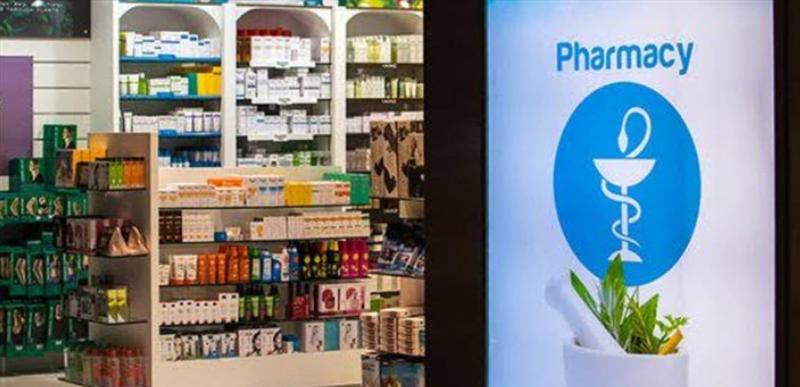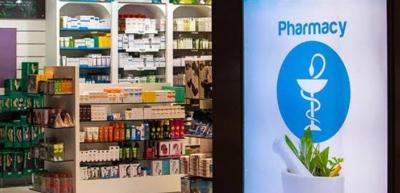Under the title "Massacre of Prices in Pharmacies... The Drug Crisis Hits Lebanon," Sky News reported that the drug crisis continues to worsen in Lebanon, with a significant price increase expected after the Ministry of Health issued new price lists for medicines based on an exchange rate of 12,000 Lebanese pounds to the dollar, in response to a decision by the Governor of the Central Bank of Lebanon, after it was previously calculated at a rate of 1,500 pounds. Lebanese Health Minister Hamad Hassan decided to lift subsidies on medicines priced below 12,000 pounds while maintaining subsidies for medications for chronic and severe diseases, children's milk, vaccines, and psychiatric and neurological conditions, leading to price increases for most medicines between four and six times.
In an attempt to address the issue and break the monopoly on drug imports, the minister appended a statement to the decision announcing the "opening of emergency imports and rapid registration for types of medicines missing from the local market, pending prior approval from the Ministry of Public Health, while adhering to established technical regulations and quality standards, with the importer required to complete the necessary documents within three months from the date of import."
The Health Minister stated that "this exceptional procedure is the second of its kind after the pricing mechanism for medical supplies, aimed at facing and overcoming the challenge posed by the shortage of certain medicines." The Syndicate of Importers of Medicines endorsed the decision to lift subsidies, explaining that "fundamentally, the decision issued by the minister to lift subsidies on a large list of medicines is moving in the right direction, especially after the Central Bank warned of its inability to continue subsidizing at the amounts previously provided."
However, the syndicate objected to the reduction of the profit margin for importers by 6 percent, a rate that does not cover the daily fluctuations of foreign currencies in the black market, according to them. Citizen Tawfiq Ghazi told Sky News Arabia: "It has become difficult for us to obtain painkillers and many other medicines." Ghazi, who works in a pharmacy, added: "We expect that the pharmacy may close any day now, as citizens can no longer easily obtain medicine."
For his part, the President of the National Health Authority, Dr. Ismail Sakr, commented to Sky News Arabia: "This is a massacre against the citizen, as the price list of medicines announced by the Ministry of Public Health is beyond people’s ability to bear." Sakr expressed astonishment at the Ministry of Health's acquiescence to the Central Bank Governor’s decision to calculate the dollar at 12,000 pounds, which raised the prices of medicines, leading more patients to buy medication "one pill at a time" due to their inability to afford a complete box.
He indicated that "the reasons for hiding medicines in warehouses have become clear, aiming to raise prices and multiply the profits of importers and drug traders, while some are exported abroad." He continued: "What we are witnessing is a massacre of prices in pharmacies, which we anticipated and warned about repeatedly, just as we warned against the maneuvers of the Central Bank Governor and the lack of a serious responsible stand from the concerned parties, especially the Ministry of Health, the Pharmacists' Syndicate, and the Parliamentary Health Committee."
The near-total closure of pharmacies continues as owners protest the loss of medicines from the market and non-delivery to pharmacies, putting pharmacists in confrontation with citizens angry over the unavailability of medicines, following a rise in assaults on pharmacies in various Lebanese regions. Lebanon imports over 80 percent of its medicines in U.S. dollars, often at a subsidized price, but foreign currencies have begun to run out from the Central Bank, forcing it to gradually lift subsidies on medicines, with the exception of those meant for treating chronic diseases and children's milk.




